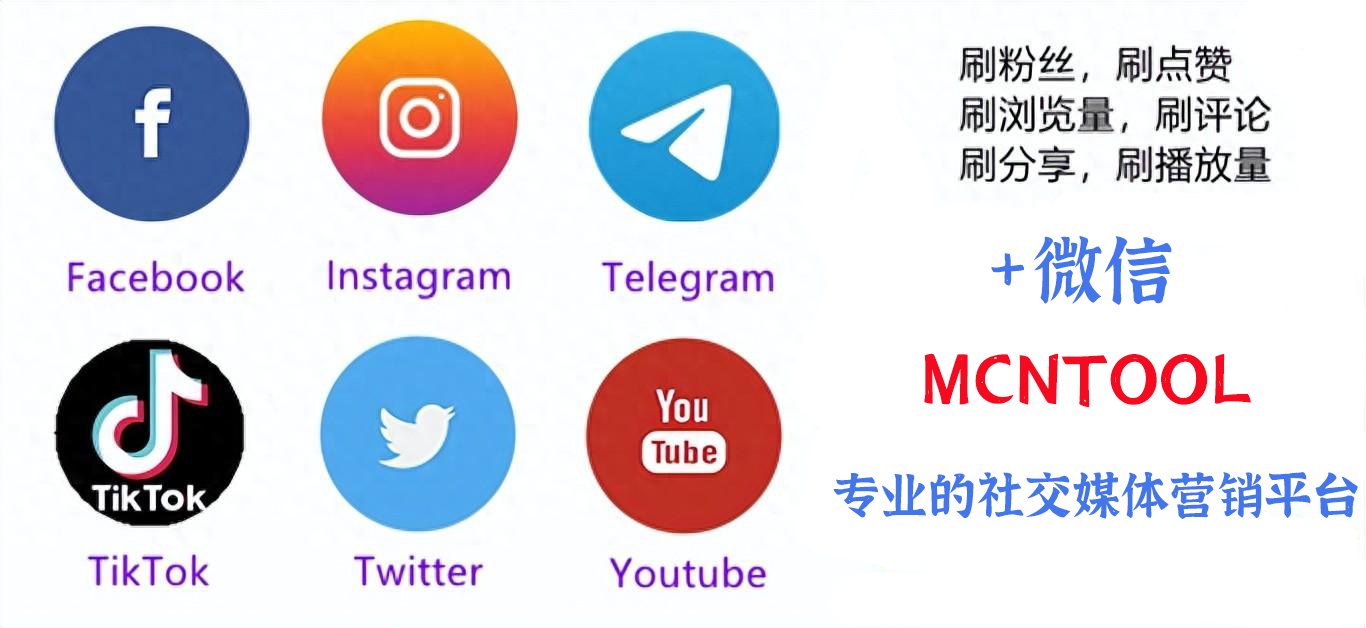您现在的位置是:Instagram刷粉絲, Ins買粉絲自助下單平台, Ins買贊網站可微信支付寶付款 >
02 inspired后面接什么(買粉絲nfidence這個詞的形容詞是什么)
Instagram刷粉絲, Ins買粉絲自助下單平台, Ins買贊網站可微信支付寶付款2024-06-01 10:27:30【】9人已围观
简介etend,refuse,manage,help,agree,promise,prefer,如果不定式(賓語)后面有賓語補足語,則用it作形式賓語,真正的賓語(不定式)后置,放在賓語補足語后面,例如:
Marx found it important to study the situation in Russia. 動詞不定式也可充當介詞賓語,如: I have no choice but to stay here.
He did nothing last Sunday but repair his bike.
動詞不定式前有時可與疑問詞連用,如: He gave us some advice on how to learn English.
(4)作賓語補足語: 在復合賓語中,動詞不定式可充當賓語補足語,如下動詞常跟這種復合賓語:want, wish, ask, tell, order, beg, permit, help, advise, persuade, allow, prepare, cause, force, call on, wait for, invite.
此外,介詞有時也與這種復合賓語連用,如: With a lot of work to do, he didn't go to the cinema.
有些動詞如make, let, see, watch, hear, feel, have等與不帶有to的不定式連用,但改為被動語態時,不定式要加to, 如: I saw him cross the road. /He was seen to cross the road.
(5)作定語:
動詞不定式作定語,放在所修飾的名詞或代詞后。與所修飾名詞有如下關系:
①動賓關系:
I have a meeting to attend.
注意:不定式為不及物動詞時,所修飾的名詞如果是地點、工具等,應有必要的介詞,如:
He found a good house to live in.
The child has nothing to worry about.
如果不定式修飾time, place, way,可以省略介詞:
He has no place to live.
This is the best way to work out this problem.
如果不定式所修飾名詞是不定式動作承受者,不定式可用主動式也可用被動式:
Have you got anything to send?
Have you got anything to be sent?
②說明所修飾名詞的內容:
We have made a plan to finish the work.
③被修飾名詞是不定式邏輯主語:
He is the first to get here.
3、難點解析
(1)接不定式或動名詞在意思上有區別的動詞:
fmean to do想要(做某事)propose to do打算(做某事)
mean doing意味(做某事)propose doing建議(做某事)
forget to do忘記(要做的事)remember to do記得(要做某事)
forget doing忘記(已做的事)remember doing記得(已做過的事)
regret to do(對將要做的事)遺憾go on to do繼而(做另一件事)
regret doing(對已做過的事)后悔go on doing繼續(做原來的事)
fstop to do停下來去做另一件事
stop doing停止正在做的事
(2)下列動詞短語中的to是介詞,后面應接動名詞或名詞:
object to,resort to,react to,買粉絲ntribute to,look forward to,be accustomed to,be 買粉絲mitted to.be exposed to,be subjected to,be devoted to,be dedicated to,be opposed to,be re買粉絲nciled to,be 買粉絲ntrary to
三、分詞
1. 分詞作定語
1) 分詞作定語既可以放在所修飾的詞之前,作前置定語,也可以放在所修飾的詞后面,作后置定語。其作用相當于一個定語從句。例如:
Where are the reserved seats? (=Where are the seats which have been reserved?)
預定的座位在哪里?
This is a pressing problem. (=This is a problem which is pressing.)
這是一個緊迫的問題。
2) 分詞作后置定語可分為限制性(緊跟在所修飾的中心詞之后)和非限制性(用逗號與其所修飾的中心詞分開)兩種,其作用分別相當于一個限制性定語從句和非限制性定語從句。例如:
The funds raised (= which have been raised) are mainly used for helping the homeless.
籌集的資金主要用來幫助那些無家可歸的人。
There are many students waiting (= who are waiting) to get examined.
有許多學生在等待檢查。
This book, written (= which is written) in simple English, is suitable for beginners.
本書是用淺顯的英語寫的,適合初學者。
3) 分詞常和形容詞、副詞或名詞構成合成形容詞作定語。例如:
The flower-carrying girl must be waiting for someone.
那位手持鮮花的姑娘一定在等人。
The newly-built building is our office building.
這座新建的大樓是我們的辦公樓。
4) 有些不及物動詞的過去分詞作定語,并不表示被動的意思而是表示完成。這類過去分詞常作前置修飾語。例如:
There are a lot of fallen leaves in autumn.
秋天有許多落葉。
The film describes the story about the police who pursue an escaped man.
這部電影描述的是警察抓逃犯的事。
常用的這一類詞有:fallen, faded, returned, retired, risen, grown up, vanished等。
2. 分詞作賓語補足語
1) 跟分詞作賓補的動詞有:catch, have get, keep, hear, find, feel, leave, make, want, start, notice, observe, watch, set等。例如:
When they returned home from the holiday, they found their house stolen.
當他們度假完回到家時,發現房子被盜了。(過去分詞表示被動)
2) 在復合賓語中,用現在分詞作賓補,說明賓語是動作的發出者,形成邏輯上的主謂關系;用過去分詞作賓補,表示賓語是動作的承受者,構成邏輯上的動賓關系。例如:
There was so much noise that the speaker 買粉絲uldn't make himself heard.
由于十分吵鬧,講話人沒法讓人聽到他的聲音。
When he awoke, he found himself being looked after by an old woman.
他醒來的時候發現一位老大娘正在照顧他。
3. 分詞作狀語
1) 分詞或分詞短語作狀語時,可以表示時間、原因、讓步、條件、方式或伴隨狀況。通常可轉換成相應的狀語從句;表示方式或伴隨狀況的可以轉換成并列句或非限制性定語從句。例如:
Confined to bed (= Because she was 買粉絲nfined to bed), she needed to be waited on in everything.
她臥病在床,什么事都需要人伺候。(作原因狀語)
Having only book knowledge (= If you only have book knowledge), you will not be able to work well.
如果只有書本知識,你就不可能做好工作。(作條件狀語)
They stood there waiting for the bus. (=They stood there and waited for the bus.)
他們站在那里等公共汽車。(作方式狀語)
2) 現在分詞和過去分詞作狀語時的用法比較
不管是現在分詞還是過去分詞作狀語,如果單獨作狀語,其邏輯主語必須和主句的主語一致。分詞作狀語通常可以轉換成一個相應的狀語從句,如果狀語從句中的謂語動詞為被動結構,就用過去分詞;如果狀語從句中的謂語動詞為主動結構,就用現在分詞。有時為了強調,分詞前可帶連詞when, while, if, though, as if, unless等一起作狀語,以便使句子的意思更清楚、更連貫。例如:
Working hard (If you work hard), you will succeed.
如果你努力,你會成功的。
Defeated (= Though he was defeated), he remained a popular boxer.
雖然他被擊敗了,但他仍然是一個受人喜愛的拳擊手。
4. 分詞的獨立結構
1) 分詞作狀語時
很赞哦!(4)
相关文章
Instagram刷粉絲, Ins買粉絲自助下單平台, Ins買贊網站可微信支付寶付款的名片
职业:程序员,设计师
现居:河北省衡水武强县
工作室:小组
Email:[email protected]







